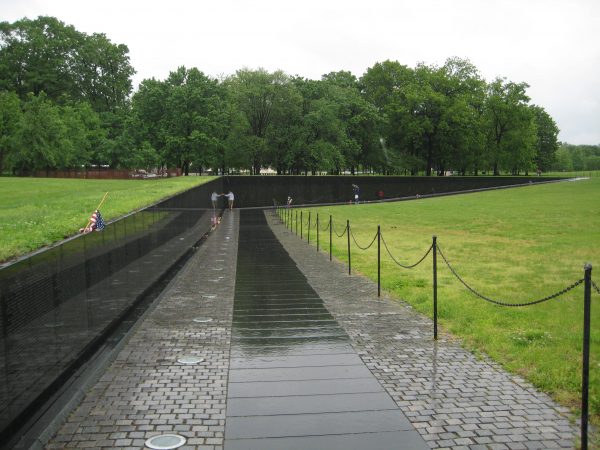As I have suspected:
Cancer doctors dodge the death talk – CNN.com
…Only one-third of terminally ill cancer patients in a new, federally funded study said their doctors had discussed end-of-life care.Surprisingly, patients who had these talks were no more likely to become depressed than those who did not, the study found. They were less likely to spend their final days in hospitals, tethered to machines. They avoided costly, futile care. And their loved ones were more at peace after they died.
I’m often shocked, and saddened, that as an EM doc I’m apparently the first to discuss end of life plans with patients having terminal diagnoses. (Yes, life is a terminal state, but don’t change the subject). I do, as it’s what should be done, but it’s often uncomfortable for everyone.
Still, not as uncomfortable as dying in an ICU.




As a cancer doctor, who has “the talk” with terminal patients, I wonder how these studies account for denial, which can be INCREDIBLY powerful. I have had the talk with patients, that later, seem surprised that they have an incurable cancer, and I KNOW that I had that talk, often times more than once. People choose not to hear the words. In those cases, I tend to hope that at some point, the effects of the cancer exhaust them so that they are more open to the conversation. It is a relief to have patients that want to have the conversation and don’t immediately put up a wall of denial. Also, our society seems to have developed (in all facets) an invincibility. If death happens, there must be something that went wrong, that was missed…..some times, it is just time to die.
Sadly, I watched as a friend had to fight his doctor to be allowed to die with a certain level of dignity. After the initial surgery and chemo the doctor made a big point of how he had agreed to more hospitalization and continuos testing. He was forced into a confrontation with the doctor over the doctor’s plans for his life. Long periods of hospitalization. the doctor kept repeating that he had insurance and assets that would pay for these treatments.
This did not stop the doctor from calling his wife and tell her their were “options” and “treatments” available if he would only go to the hospital. After all his friend could visit him there. Ultimately the doctor balked at the oral medications he needed at the end of his life.
My friend lived two years after his initial diagnosis, average for this cancer. He did die in the hospital, but with no machines. One of the saddest comments was near the end of his life the oncologist stated he could have lived weeks longer if he had just been willing to spend the money.
Steve Lucas
I have to agree with Cancer Doc above, I don’t know how many times I have seen or experienced the delivery of bad news go in one ear and out the other. Sometimes our efforts to soften the message enable denial. Othertimes it doesn’t matter how blunt you are, denial is a force we may not be able to reckon with. I thought the study was fascinating because it showed that straight talk and acknowledgement of what’s going on certainly doesn’t make mood worse, and in the end helped them much more than it hurt. It shows me that denial might not be a very effective coping strategy in the face of imminent mortality.
There are docs in our community who regularly flog a few weeks to months out of cancer-riddled patients without EVER talking about hospice. The patients all have assets that pay. The docs sell chemo through their cancer care centers-a clear conflict of interest if I ever saw one. I am willing to bet that we ER docs discuss end of life issues and have the ‘futile care’ talk more frequently than cancer docs.
Q: Why do they put nails in coffins?
A: To prevent the oncologists from giving another round of chemo.
To be fair, I know that not all oncologists are like this. The one treating my mother was a real mensch, as we say. But some of the folks I worked with as a resident infuriated me to no end.
Hi GruntDoc, I have to agree with Cancer Doc above,As a cancer doctor, who has “the talk” with terminal patients, I wonder how these studies account for denial, which can be INCREDIBLY powerful